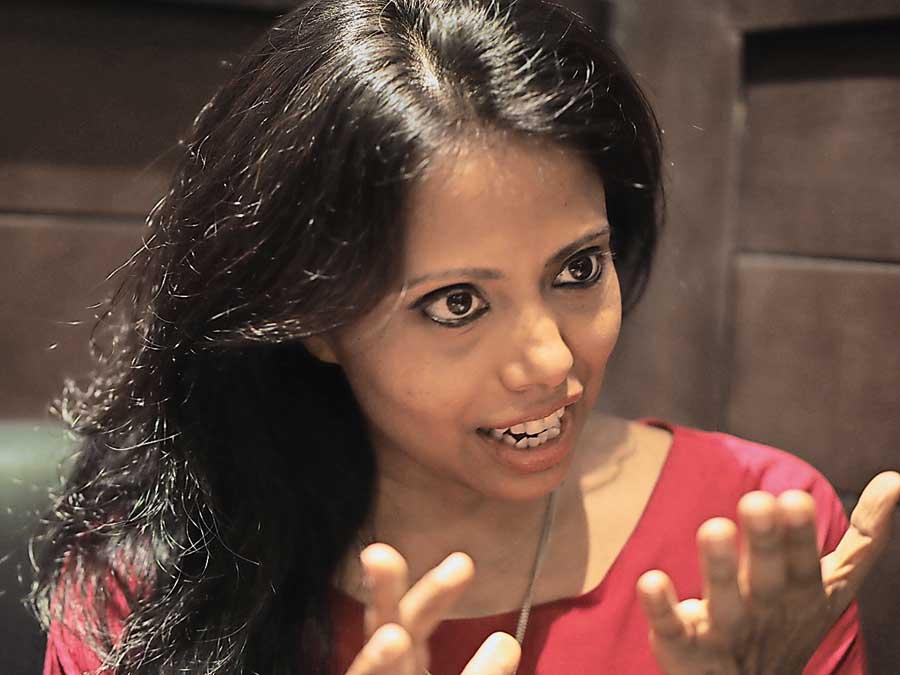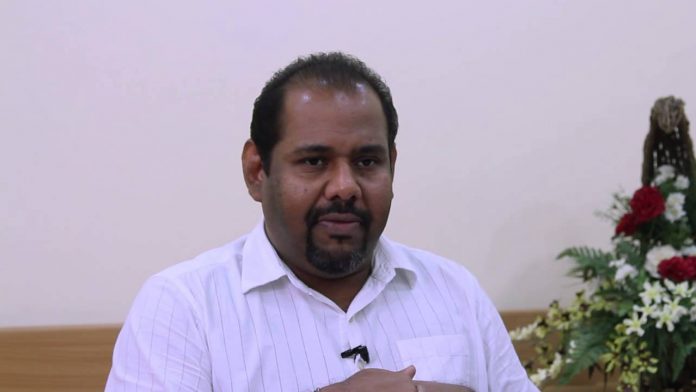![]()
Sri Lanka’s Defence Secretary, and accused war criminal Kamal Gunaratne, denied that Sri Lanka’s military committed war crimes, during his New Years address, insisting that they had launched a “humanitarian operation”.
Gunaratne, former commander of the notorious 53 Division of Sri Lanka’s army, stands accused of leading campaigns which slaughtered tens of thousands of Tamil civilians. His unit is further accused of engaging in sexual violence, summary executions, and the disappearance of those who surrendered to the military.
Gunaratne’s statement further pledged to leave no room “for separatism and extremism” as well as intensifying the crackdown on drug-related crimes.
Sri Lanka’s Human Rights Commission lacks independence
Gunaratne’s address follows the admission of Sri Lanka’s former Human Rights Commissioner that the country’s Human Rights Commission lacked independence.

This statement follows Rajapaksa’s establishment of an all Sinhalese board to the Human Rights Commission in November under provisions of the recently passed 20th Amendment.
Satkunanathan told the paper:
“Our track record, not just in relation to prison rights, but in relation to many human rights violations, is that we either have not inquired into violations or if we have inquired into them the reports have not been impartial and objective or the reports have not been released or if the reports have been released no action has been taken to hold those responsible accountable for the violations”.
Calls for ICC referral

In response to Sri Lanka’s perpetual failure to hold the military accountable for war crimes, Tamil parliamentarians have called for Sri Lanka to be referred to the International Criminal Court. These statements come in advance of the 46th UN Human Rights Council session in Geneva this March.
TNPF leader Gajendrakumar Ponnambalam and TMTK leader C. V. Wigneswaran have both called for Sri Lanka to be referred to the ICC noting that the UN-sponsored human rights resolution, which has now been abandoned by the government, has already been rolled back twice. They further highlight a persistent failure for Sri Lanka to deal with issues of accountability.
